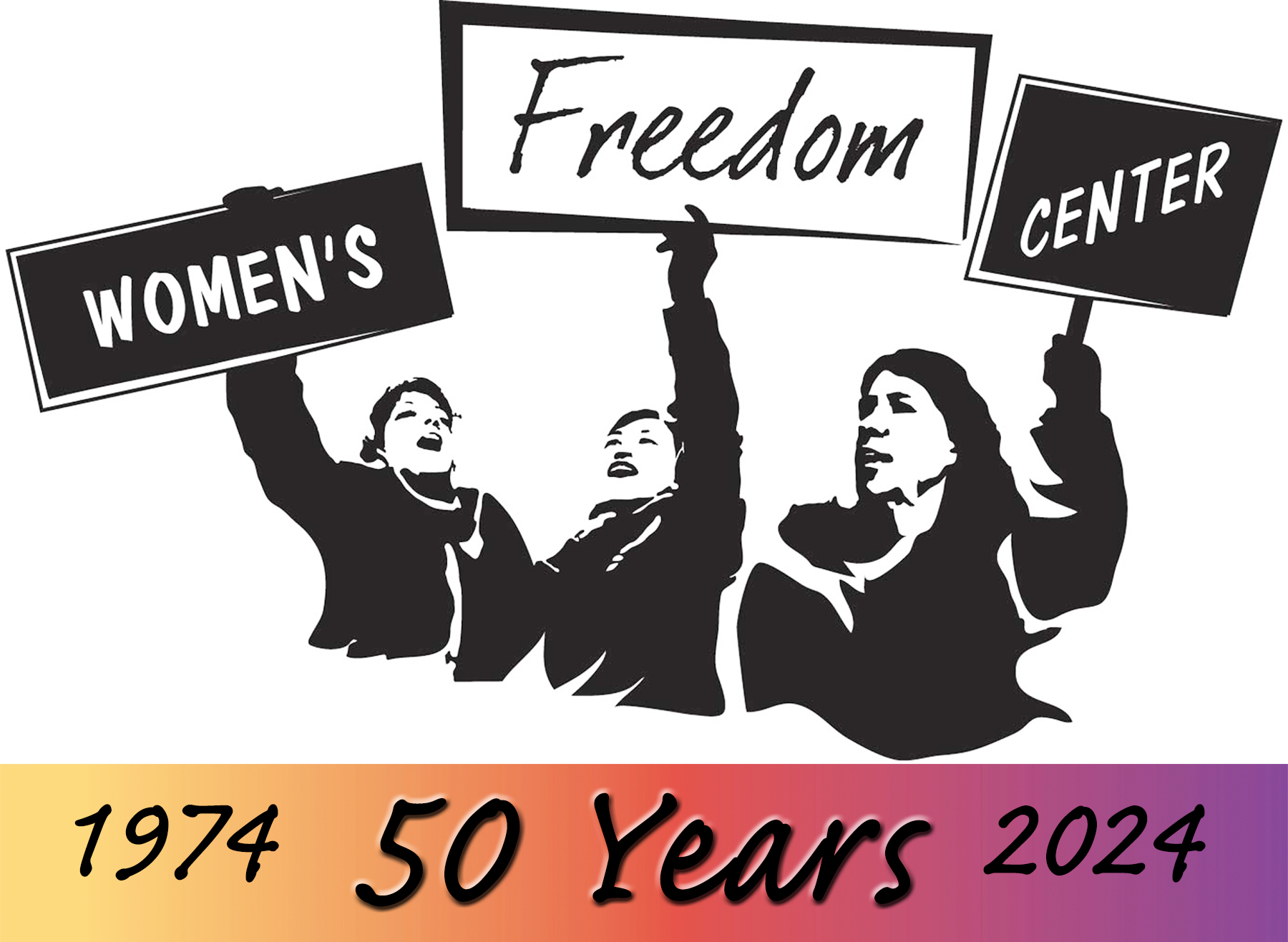If you have been through a life-threatening event such as sexual assault, you may experience a pattern of physical, emotional, and behavioral stress reactions. These things may appear, then disappear, and maybe reappear much later. It is important for you to know that these are normal responses and they will eventually subside. Some of these responses include:
-
- Sleeplessness, nightmares, waking in the night, early morning rising
- Nausea, loss of appetite
- Crying jags (uncontrollable, unprovoked crying). If you find this happening a lot, see if you can allow yourself to find certain “safe” times to cry
- Depression, becoming silent and withdrawn
- Hyper-self-consciousness, fear of people finding out and their reactions
- Fears of being alone, of being in crowds, of anything that reminds you of the assault or perpetrator, fear of the return of the perpetrator, general nervousness
- Phobias – these are effective strategies for coping with the feelings in the aftermath of rape. Not all of the feelings can be processed at once, and phobias take certain feelings, like fear, and attach them to certain things. For example: if raped at a mall, a victim may be afraid to go to the mall. These are coping strategies, and, while distressing, will fade when no longer needed
- Strong feelings of guilt, anger, embarrassment, mood swings
- Disruptions in previous ways of relating to people, including family and friends
- Desire to move, get away, change jobs or school
- Flashbacks – many rape survivors may literally re-experience parts of the assault, physical pain may actually be felt again. This is a normal reaction
- Shame – you might feel like the rape was your fault or that you will be blamed if others know about it. While this is a normal reaction, it is very important for you to know that the assault was not your fault
- Some people might want to deny or minimize the assault, especially if the perpetrator was an acquaintance. Instead of focusing on the sexual nature of the crime, try to focus on the motives of power and control. If that feels difficult to sort out, see if you can talk to a trusted friend about it, or call the hotline to speak to an advocate.
Although they can be painful to experience, your reactions are normal and the depression, anger, fear, pain, guilt, shame, and sadness will pass in time. Please take good care of yourself as you go through the process of healing and remember that you know what you need more than anyone else does. Seek out people who can listen to you and give you the time and the space to feel what you are feeling.
Emotional Support
The assault was not your fault and you deserve help. No one should have to recover from sexual assault alone.
Recovering from sexual assault and its aftermath can be a difficult process. Sexual assault is not only an attack on your body, your emotional well being can also be impacted.
The following information has been put together with the hope that you might find some of it helpful.
-
- Sexual assault is an attack against a person, against their will, with sex used as a weapon.
- You were in no way responsible for the assault, although you may feel as though you were, or other people may tell you that you were. The person who assaulted you is responsible. Try not to blame yourself for something that someone else did.
- You are the victim of a crime.
- Try not to get down on yourself. Remember that you have not done anything wrong and that you are a good person.
- You deserve all the help you can get. Please ask for it.
- There are rape crisis centers in almost every major city in the U.S.
- You may feel like screaming and crying. Try to allow yourself to do it. You have every right to be as upset as you feel.
- You are not going crazy – almost any reaction or feeling you have is normal.
- Feelings of fear, distrust, anger, guilt, shame, isolation and disbelief are normal responses. Try to allow yourself to feel these feelings and express them in constructive ways.
- If someone is reacting to your assault in a way that upsets or hurts you, please don’t listen, even if it is someone close to you. Many people believe incorrectly that rape is the victim’s fault. It is important not to believe things that make you feel bad, guilty, or ashamed.
- If you are afraid that you can’t do this alone and feel your needs require more long-term support, please get professional care. We can refer you to someone who specializes in sexual assault recovery.
- This may be one of the worst things to ever have happened to you. It will take some time, but you will heal.
- Find a safe person to talk with because talking about what you are feeling can be helpful.
- Trust your feelings. You know yourself better than anyone else does.
- Sexual assault can be difficult for the people who are close to you. You can acknowledge that by encouraging them to seek support of their own; you do not need to support them through this.
- Remember that you are very brave and support is here for you when you need it.
- All of the different phases of reaction to this trauma will pass. It may take some time, but YOU WILL SURVIVE.
Our hotline, 802-254-6954, is available 24 hours a day if you have questions, need referrals, or just want to talk.
